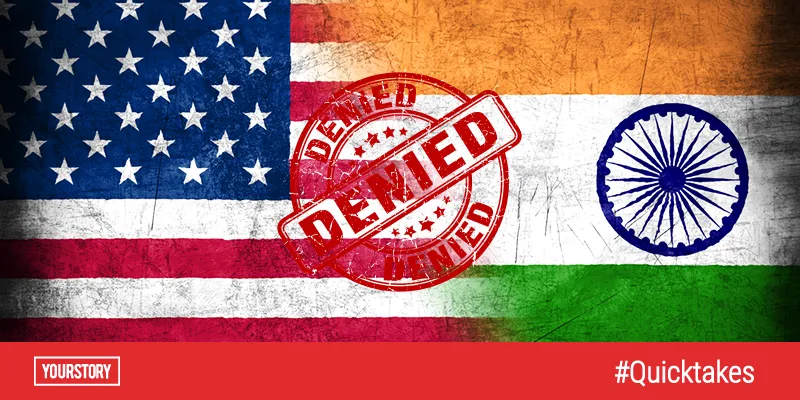With Trump administration rejecting more H1-B visa applications, concerns rise for TCS, Infosys, Wipro
Securing H1-B visas has been getting tougher over the years and Indian IT has been having it rough as a result of it. The Trump administration has not been particularly helpful in this regard, tweaking the norms to make it harder for such visas to come through.
As per a report put out this week by the National Foundation for American Policy (NFAP), an American non-profit organisation, the scene may get even more difficult, especially for Indians. The NFAP report, prepared on the basis of evidence provided by the US Citizenship and Immigration Services (USCIS), says USCIS adjudicators were much more likely to issue a “request for evidence” for applications for Indians than for people from other countries.

Significantly, the report stated that there has been a 42 percent increase in the proportion of H1-B petitions denied. This was seen from the third to the fourth quarter of the last fiscal. While in the third quarter, 16.6 percent of the applications were denied, it rose to 23.6 percent in the fourth quarter.
This is bad news for IT firms, as this will increase their cost of operations. Worse, it can also affect their relationships with the customers, as the project may be delayed. Increasingly, the USCIS is asking for “requests for evidence” and this has led to more visa denials. The number of such requests in the fourth quarter was almost on par with the total number of requests for the first three quarters. The H1-B visa programme has an annual cap of 85,000.
India’s external affairs minister Sushma Swaraj on Thursday said the matter will be raised with the American administration during the ministerial meeting to be held in Delhi in September. The minister said the H1-B programme has been a mutually beneficial one. The American economy has benefitted from it, helping it retain its innovation edge, Swaraj said.
USCIS has plans to deny spouses of many H1-B visa holders from working and to restrict international students to work on optional practical training (OPT) after their studies. Both the moves will hit the Indian and Chinese professionals the most. The OPT extension was turning out as a good alternative for foreign students. According to a report by Pew Research, the number of participants in the OPT programme grew higher than workers with H1-B visas from 2008 to 2016. But the growth has been slowing down, ever since. USCIS has said that the policy changes are required to reduce frivolous applications.
The bottom-line is that all of this would lead to costs pressures for Indian IT companies. Their margins may be impacted, as onsite hiring will rise.







